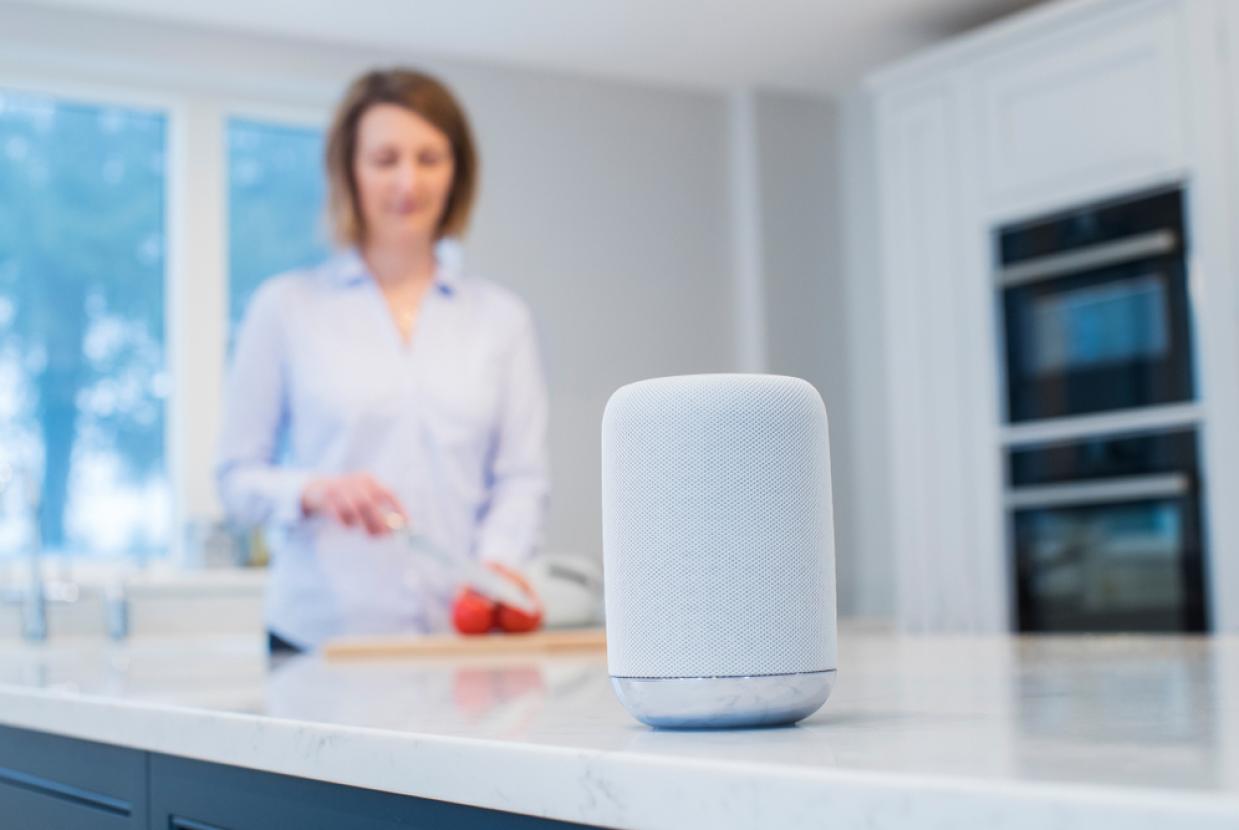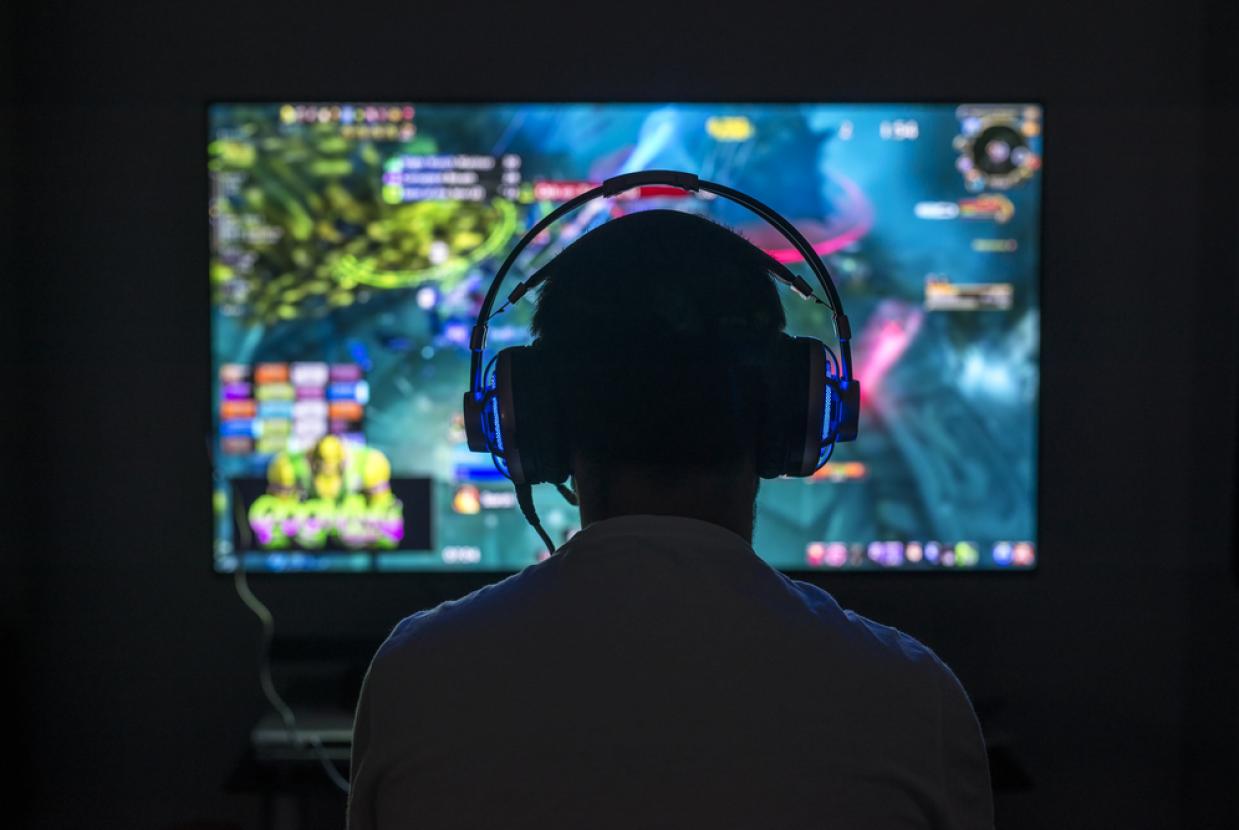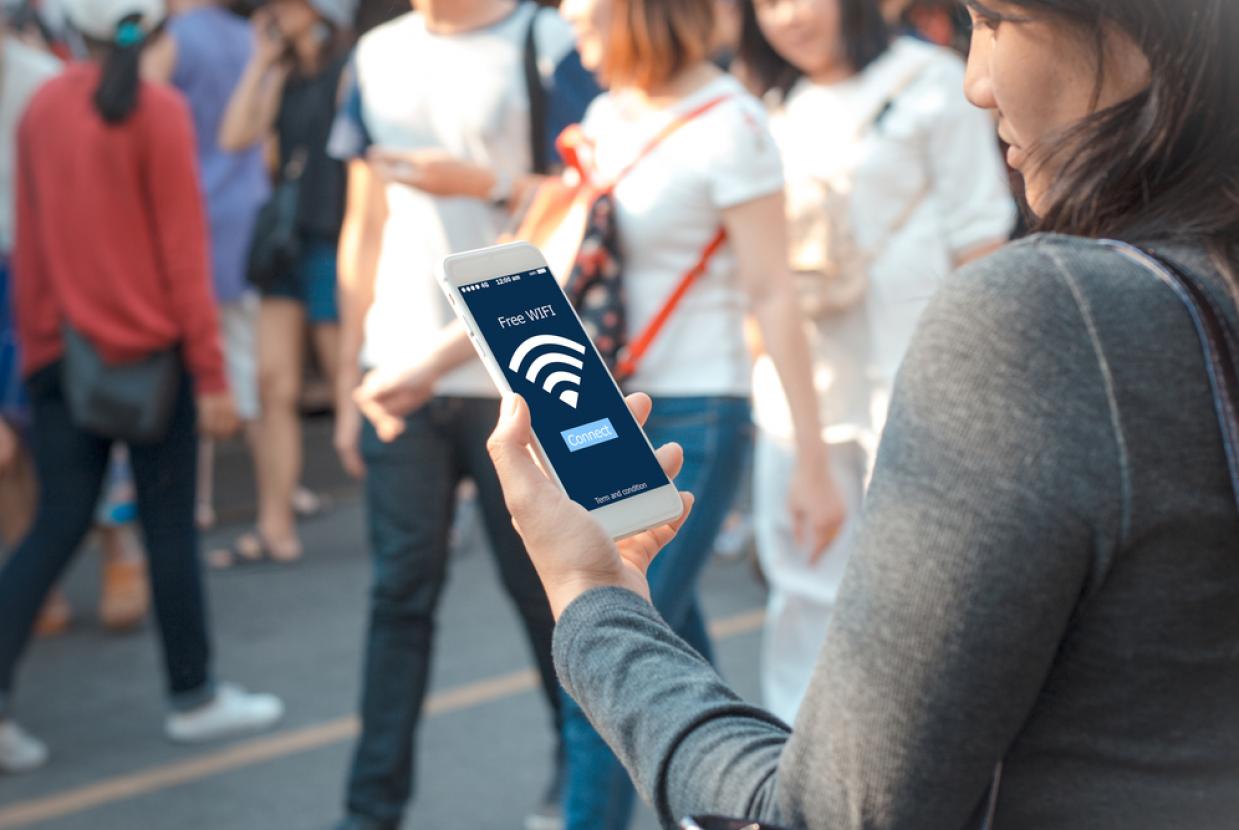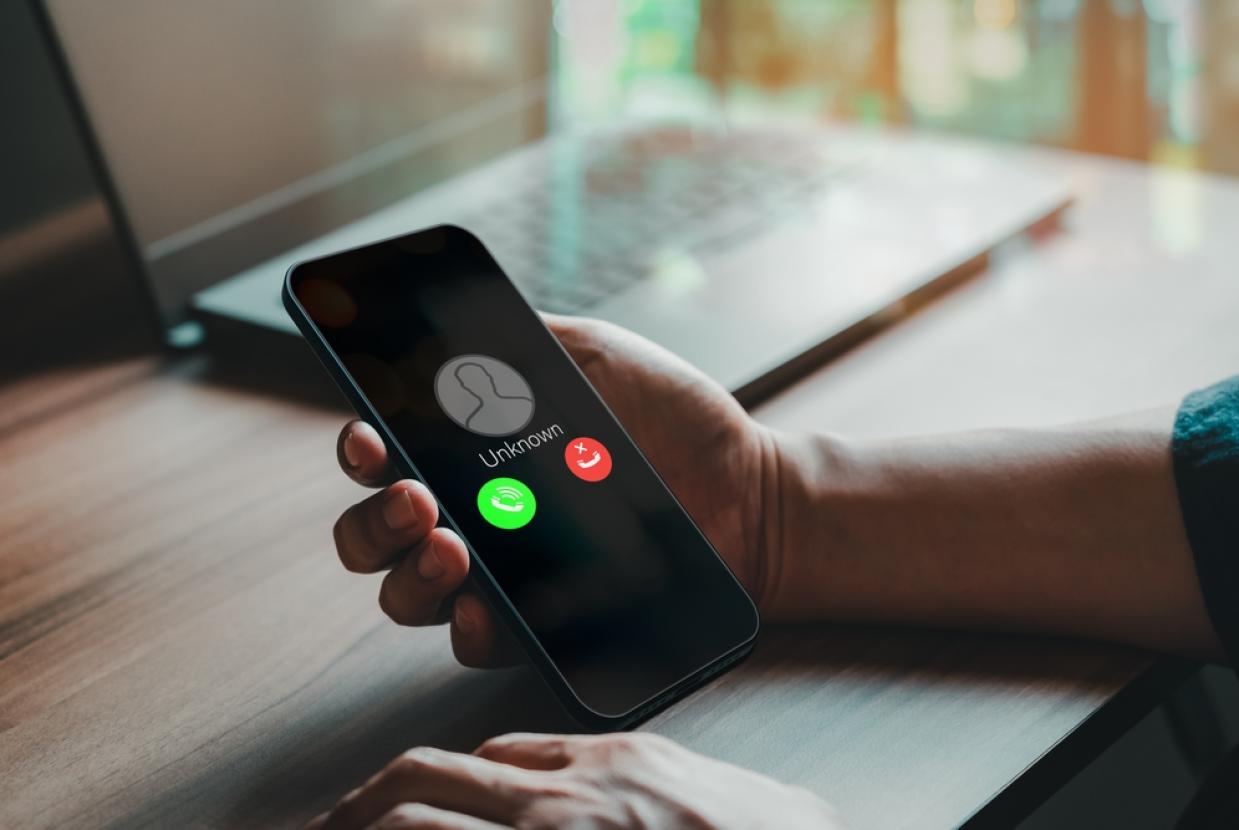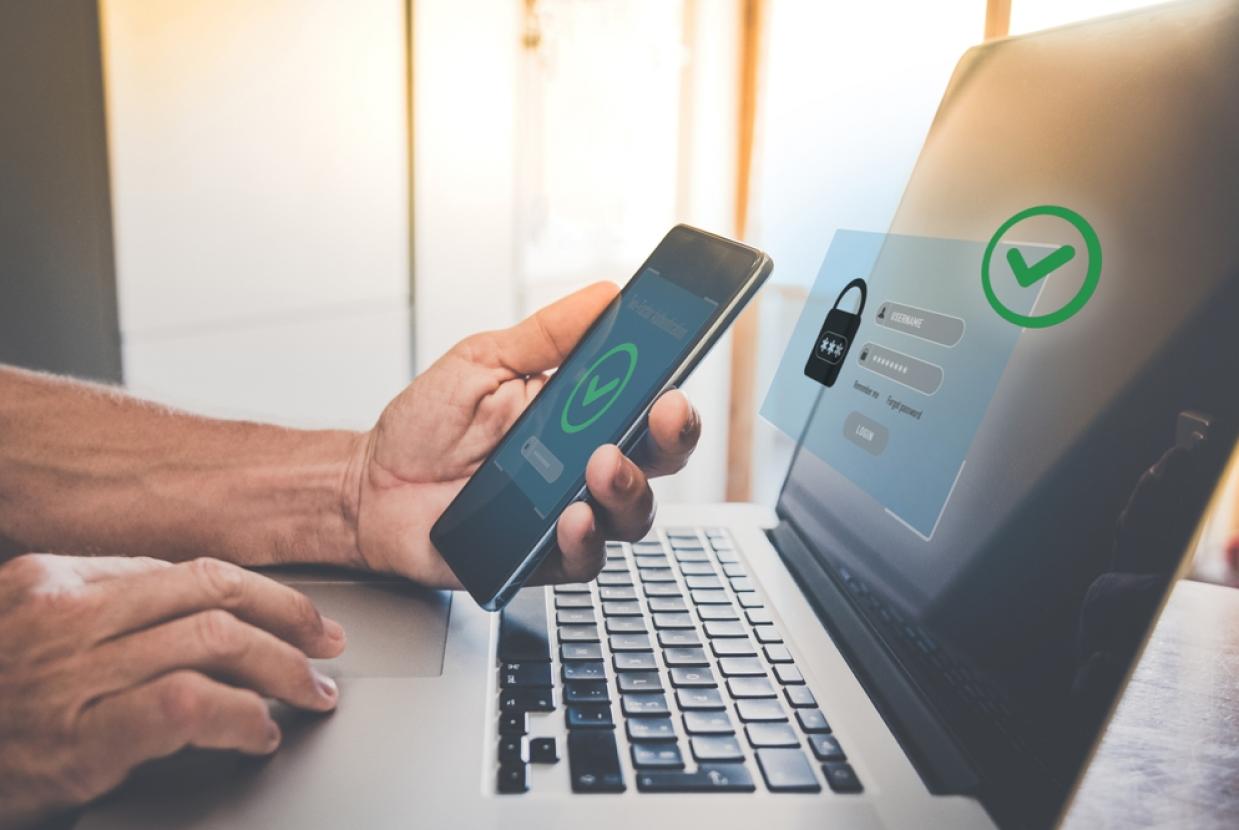5G Explainer
5G is the latest mobile communications technology, now coming into use in the UK. If your phone, contract and network support it, you will use 5G to connect to the internet when you’re out and about - just as you use 4G (and older technologies such as 3G) at the moment.
How will 5G affect me?
5G aims to make your mobile internet faster and more reliable - up to ten times faster than 4G. It will also greatly increase mobile capacity across the UK. So more people will be able to get online, find and download the content we want - without slowdown.
But 5G is about more than a speedier internet connection. It uses technology that is far more advanced than that of our current mobile networks, so as time goes on it could transform the way we interact with critical services - from energy and water, to transport and healthcare. It should also drive the adoption of new technologies such as driverless cars, remote healthcare, and the 'smart' devices we increasingly use in our homes and at work. Adopting 5G should also ensure the UK can compete in an increasingly connected global marketplace, by allowing industry to automate and optimise processes they can’t do today.
Why does the NCSC care about 5G?
As the UK's authority on cyber security, it's the NCSC's job to advise the government on how 5G can be safely deployed. At first, 5G will mostly run on existing telecoms infrastructure with new radios that are faster. As time goes on, more and more dedicated 5G infrastructure should come into use. But if the UK is going to rely more and more on the benefits 5G will bring, a successful cyber attack on 5G could cause us real problems.
What is the NCSC doing to help secure 5G?
The NCSC has been advising government and operators on UK telecoms security for many years, since long before 4G, 3G and 2G even existed. As part of GCHQ, the NCSC is working closely with our partners in UK government, the wider public sector and industry to:
- understand the security risks that 5G presents
- eliminate the risks as far as possible
- manage the remaining risks sensibly
If you want more information, you can read the blog post from the NCSC's technical director, which explains in more detail the risks we face (and what we're doing to keep the UK safe).








